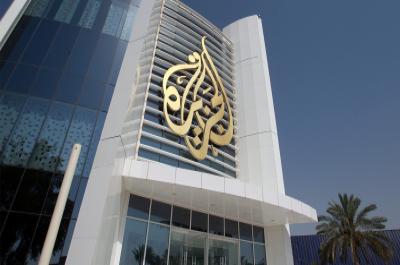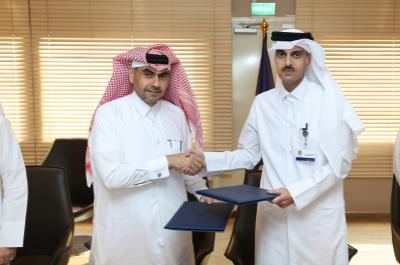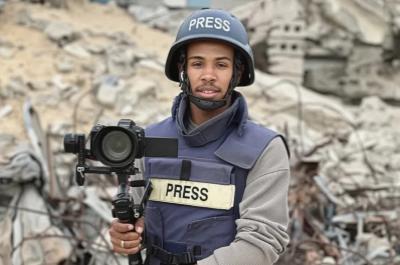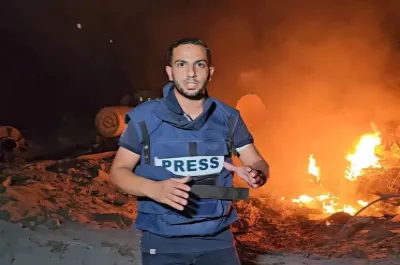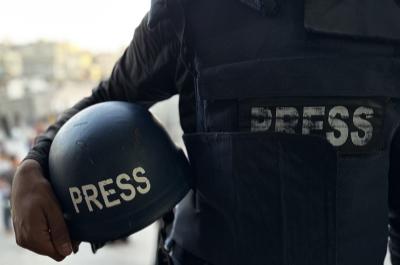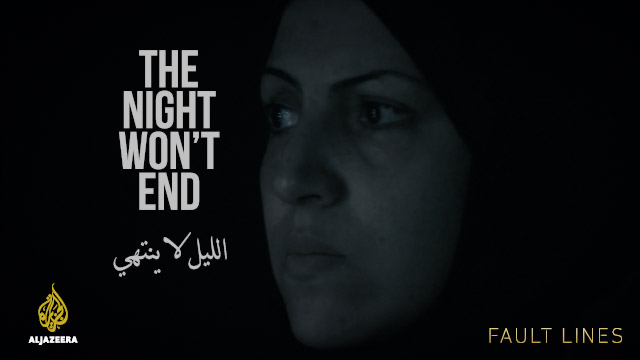
Al Jazeera’s Fault Lines film on civilian killings in the war on Gaza a powerful mix of investigative journalism and documentary storytelling
On June 21, Fault Lines, Al Jazeera English’s Emmy and Peabody award-winning documentary program, is premiering The Night Won’t End, a ground-breaking, feature-length documentary.
Through a powerful combination of investigative reporting, in-depth storytelling, and stunning cinematography, the film investigates attacks on civilians by the Israeli military in Gaza and the United States’ role in the war.
Fault Lines worked with journalists in Gaza over the course of several months to follow three Palestinian families as they recount horrific experiences they endured and their struggle for survival amid the relentless Israeli assault. Each family’s experience tells a different story of the war and how their experiences and losses occurred alongside the Biden administration’s continued support for the Israeli offensive.
The Salem Family
The Night Won’t End investigates a series of airstrikes on December 11 that killed more than 100 people in the Sheikh Radwan neighbourhood of Gaza City. Fault Lines worked with Airwars, a nonprofit that investigates civilian harm, to examine the attack. Airwars found that nearly all of the victims were members of the Salem family, including an estimated 50 children. Our team on the ground in Gaza filmed with members of the Salem family — a mother and her children — over the course of several weeks.
After surviving the December 11 airstrike and relocating to another building to seek shelter, the family was subject to another massacre just over a week later, this time at the hands of Israeli ground troops. Through multiple eyewitness testimonies, video footage of the aftermath, and other evidence, Fault Lines documents how an Israeli unit entered the building where the family was seeking shelter, separated the men from the women and children, and summarily executed at least 11 men.
Hind Rajab
Through powerful interviews with family members, civil defense workers and medical responders, Fault Lines provides the most comprehensive account on video to date of the killing of 6-year-old Hind Rajab and her relatives in Gaza City, including the events leading up to and following the attack.
The film includes a detailed reconstruction of the incident, compiled in collaboration with nonprofit investigative groups Forensic Architecture and Earshot, which reveals the Israeli tank was likely just 13 to 23 meters away when it opened fire on Hind and her relatives in their car. The film also reconstructs for the first time the likely position of the tank when it fired on the car, as well as the likely trajectory of the Israeli tank shell that struck the ambulance with a direct hit when it came to try and rescue Hind. The ambulance was attacked after receiving approval by Israeli authorities, complete with a map and approved route.
The Al-Ghaf Family
Fault Lines takes an in-depth look at the case of Abdullah Al-Ghaf and his family. A video of him placing biscuits in the white shroud of his toddler son after he was killed in an Israeli airstrike in December went viral. The attack took place in Khan Younis, where the Al-Ghaf family had evacuated, following orders from the Israeli military to relocate to designated safe zones in the south. Despite this, both his wife and 2-year-old son were killed in the attack, while his 8-year-old son died of his injuries three weeks later as a result of inadequate medical care.
The film also features an interview with U.S. Senator Chris Van Hollen, who has called for allegations of civilian harm to be “investigated in an objective way,” as the Biden Administration continues to defer to Israeli investigations.
Speaking in the film, Agnès Callamard, the Secretary General of Amnesty International, says the human rights organisation has provided the Biden administration with evidence that US weapons have been used in war crimes in Gaza. “I will remember the United States as having allowed for the commission of the worst possible crimes against Palestinians.”
The Night Won’t End was only made possible by the tireless and intrepid work of Palestinian journalists on the ground in Gaza, who faced the same harrowing conditions of aerial bombardment, ground assaults, displacement, and hunger, as the families they worked so hard to document.
The Night Won’t End will premiere online on June 21 at 9AM ET.
Runtime: 78 mins
The film will be publicly available at this link.

